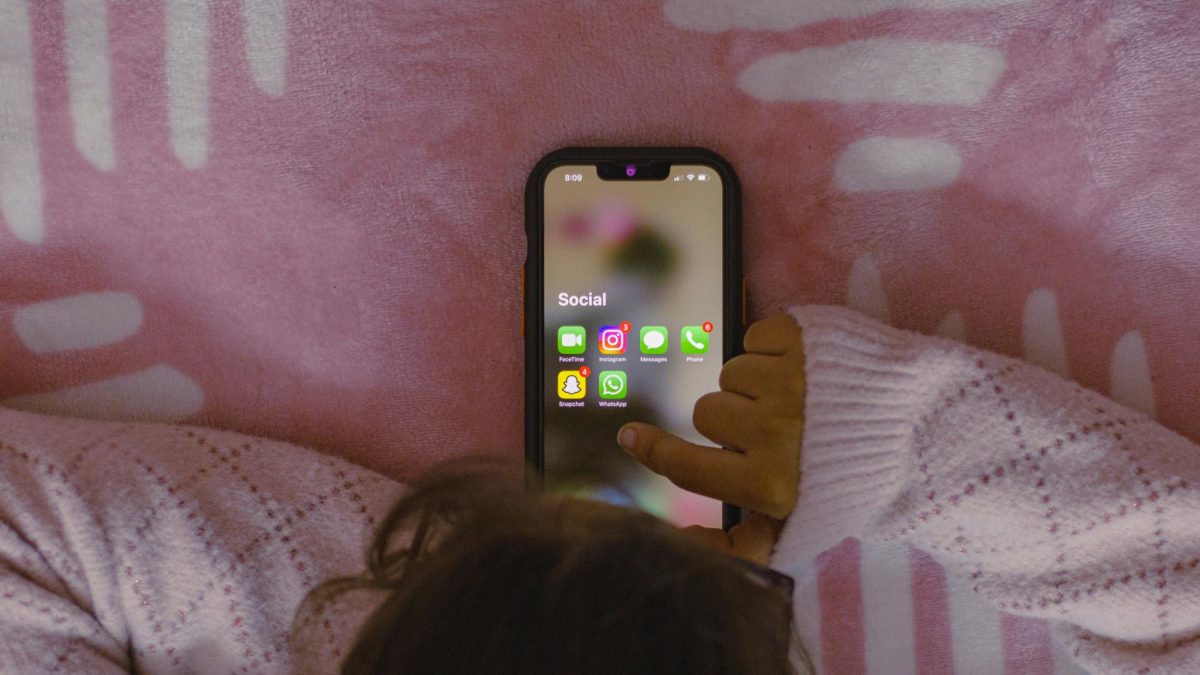There is a common assumption that removing distractions like our smartphones from our sight will help us to concentrate. However, what if the problem isn’t where the phone is, but the way in which we’ve trained ourselves to use it?
In a recent study from the researchers at the London School of Economics, the assumption that physical distance from our phones reduces procrastination was both challenged and refuted. Led by Dr. Maxi Heitmayer, the research investigated whether moving a smartphone out of arm’s reach could reduce distraction during work. The answer turned out to be more complex than previously thought.
In the study, 22 participants were asked to spend two workdays in a soundproof environment equipped with their typical work materials. On one day, their phone sat on the desk within reach, and on the other day, it was placed 1.5 meters away — just enough space to make grabbing it inconvenient, yet not impossible.
The goal was to see whether limited accessibility would actually reduce the temptation to put things off. While participants did use their phones less when they were further away, they didn’t become more productive nor did their ability to concentrate improve. They simply redirected their attention to other things around them, such as other screens or objects. Regardless of where the phone was located, lack of concentration on work remained equally as prominent. This finding lead the researchers to believe that distraction isn’t only about the presence of a device — it is about our learned behaviors that persist even in the absence of distractions. For example, smartphones connect us to entertainment, loved ones and information. Even when there is no urgent need to check them, we do it out of habit.
Dr. Heitmayer said, “Distraction is behavioral, not purely physical. Solutions like silencing notifications or setting app limits can help, but long-term change means addressing how we use technology — not just where we put it.” This indicates that perhaps the best path forward isn’t about limiting distractions and access to them, but about reshaping our relationship with technology entirely, especially before these habits become life long.









